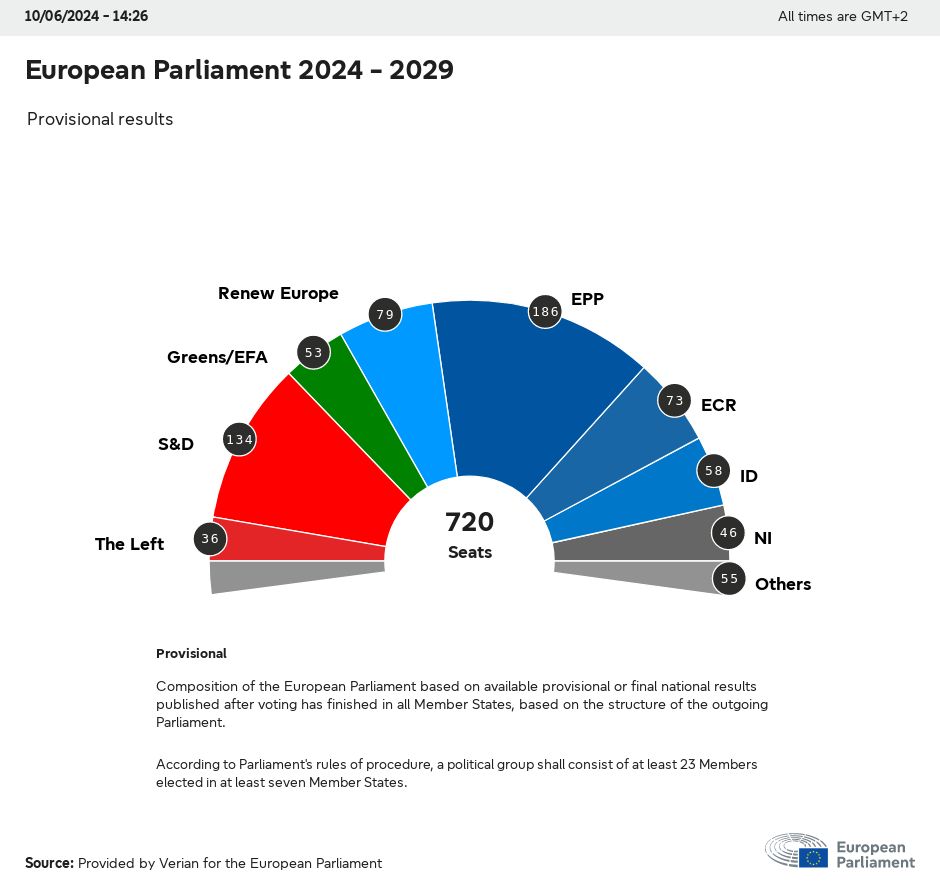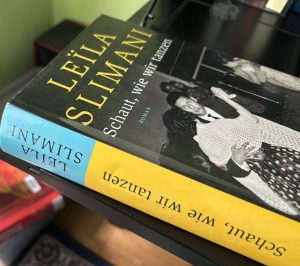… What follows is not about that precisely – the 2005 movie, the expression that gave the title, but George Clooney has been on my mind of late, and said movie is not only one of my favorite Clooney films, but I also became aware a short while ago that he is to produce and star in a Broadway adaptation next spring – the twenty year interim reflected in him this time playing the Murrow role. This was very surprising to me because I have never associated Mr. Clooney with the stage, but as I remember it the fixed interior (TV studio) and dialogue does indeed lend itself to that medium.
But this is not about the biz, but something else in which Clooney has, quite extraordinarily, not played an insignificant role. Others, with names like Pelosi and Obama, have of course played more significant roles.
On Sunday, at about 2:00 in the afternoon Eastern Time, Pres. Joe Biden withdrew from seeking (the seemingly assured) Democratic nomination for US President. This came after weeks of mounting discontent amongst the ranks of the party; from the foot soldiers, to the officers – elected and not, to the money sources. I will not re-litigate the arguments parlayed in the sad saga of a man in decline, and in denial, of the ravages age brings with it, or of its tragic pinnacle in a humiliating television debate with Trump.
Clooney? As an influential Democrat, a major fund raiser, he wrote an opinion piece – sorry, ‘guest essay‘ – for the NYT making a case that Biden should leave the race – and one of the first to publicly do so. One could ask: well, what has HE got to lose? But, still … A big star in a supporting role – most just wouldn’t touch it. Yes, I am an unabashed fan – seriously dating from the early ER days – but in recent times I have been more impressed by his presence on the theater of real life, albeit of the highest Niveau. (See, for instance, in a role reversal of the marital solidarity norm, his ‘standing by his … what? partner?’, after Amal Clooney was harshly criticized for her work for the ICC in respect to potential crimes – by both parties – during the Gaza conflict.)
As I write, following an immediate endorsement by Biden, and an ensuing closing of ranks, the Vice President Kamala Harris is now all but the presumptive Democratic nominee. Can a Black woman do what an eminently qualified white woman could not: be elected President of the United States of America, and do so against the same opponent?
By the way, did I mention the bizarre assassination attempt perpetrated against that person the previous week? I thought not. I will return to this.
In these days, as in his own, Ed Murrow’s sign off is more wish than promise, and luck an unreliable quantity.






